Our weekly poetry feature brings Los Angeles to life through the words of artists spanning every part of the metropolis.
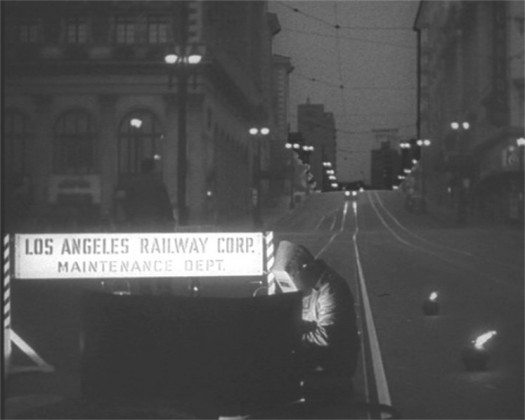
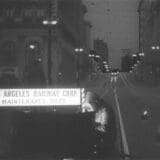
The City Breathing
Consider three a.m. when the city begins
to breathe without labor, its inky exhalations
unfolding around the custodians of night:
doorman, trash picker, street sweep,
caretaker, cook. The woman making a bed
from slatted bench, the man rattling iron grates
to summon the comfort of echoes.
A bus driver carves a path up Broadway,
carries his fragile cargo away from
the city center where these guardians tend
its injuries while we sleep.
Let them be cloaked in the phosphor
of a falling star. Let them be warmed by
the breath of a world made new.
Source: First published, in slightly different form, as part of Terry Wolverton/Writers at Work “Common Prayers” Poetry Postcards Project, supported by a grant from the City of Los Angeles.
Candace Pearson’s “Hour of Unfolding” won the 2010 Liam Rector First Book Prize for Poetry from Longwood University.
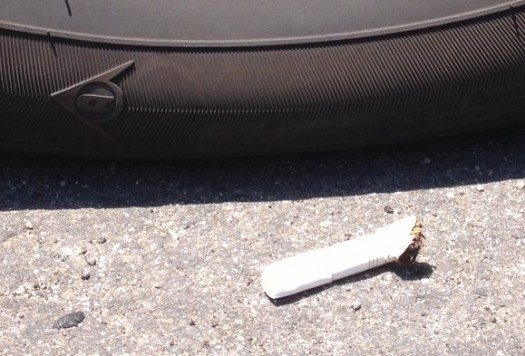
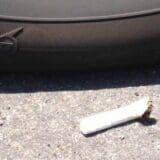
Trouble Down the Road
At the flat top grill, he was all business,
flung raw eggs dead center into the corned beef
hash like a strapping southpaw.
In the alley, with me, he was all ideas.
Said he’d be leaving soon, had a shot back east—
a tryout for the big leagues.
Said his sister would loan him a Buick convertible,
and he’d fill it with malt beer and tuna.
All he needed was a woman to hold
his cat while he drove.
I like animals, I told him. Then I dropped
my cigarette into the dusty clay,
ground it out, slow,
felt the road under my foot.
Source: Luvina, Issue 57 (December 2009).
Cece Peri’s poems have appeared in journals and magazines, including Luvina: Writers of Los Angeles Issue (University of Guadalajara),
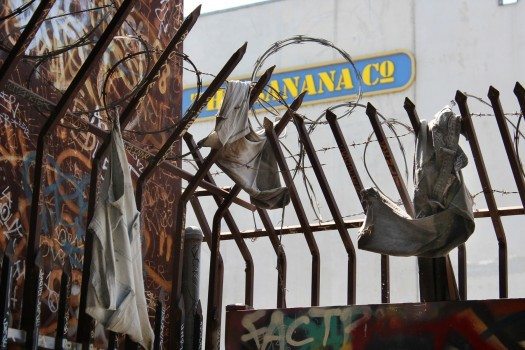
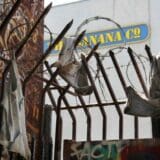
Read the Writing
Read the writing on the cinder block wall:
Joker, Jasper, Dopey, Termite, Tokes, Crow.
It’s not an “is it art?” debate, at all;
these are the monochromatic zip codes
of my gangster, tattooed, sharp-creased cousins.
Scribbled in black on a bus bench, strangled
names crossed out, over names crossed out again,
red under yellow under green tangled
like wire. Memo, Cowboy, Flyboy, Topper.
Neil Armstrong planted a flag on the moon;
it can’t be seen from their clearly marked world
where, if you don’t live there, you better run.
Tight fence of paint, like barbed wire that’s hidden.
Trespassed borders end lives, I’m not kidding.
Source: My Name on Top of Yours (2013),
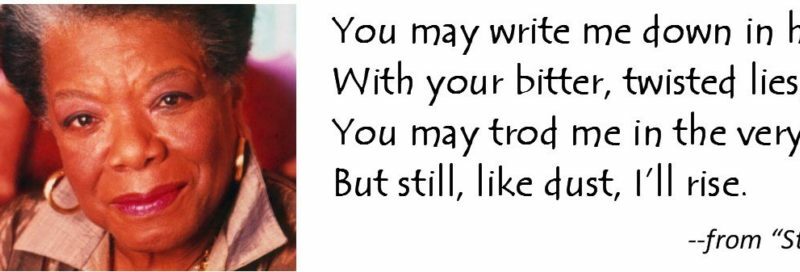
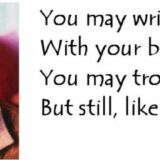
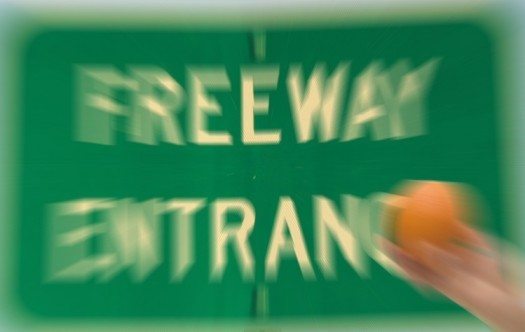
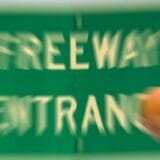
Complexities
A bag of oranges
doesn’t appear
to be heavy
but hold one
yourself and count
three hundred
cars driving by.
As she stands between
the stack of salty
peanuts and dusty
grapes, the bag
gets heavier and it
retains that heaviness
when it’s passed through
the window; and the driver,
hoisting it onto
the passenger’s seat,
thinks, this is a lot of
fruit for two dollars.
Source: “Complexities” first appeared in CQ: California State Poetry Quarterly, Winter 1986-1987; Volume 13, Number 4. It was subsequently selected as one of the poems for the 1988 SMARTS (Santa Monica Arts) Poetry on the Bus project. It also appeared as a spoken word track on Vehemence (New Alliance Records, 1993).
Bill Mohr is an associate professor in the Department of English at California State University,
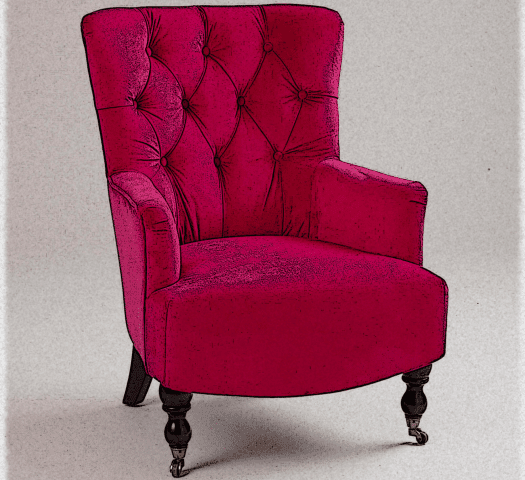
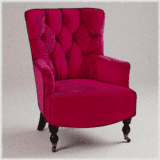
Vocation of the Chair
It longs to be the one
who holds you, keeps you
from falling, its curved legs
shapely as a bride.
The chair that would be saint.
martyr, acolyte. Your little
sins of omission and false pride
cannot sway it — the chair believes
in you. It grows taller in the dark.
Soon it will fill the room,
its cushion of praise all you need
in the crude and faithless light.
Laurel Ann Bogen is the author of 10 books of poetry and short fiction. In 2016, Red Hen Press will publish All of the Above: New and Selected Poems 1975-2015. From 1996 until 2002 she was literary curator at the Los Angeles County Museum of Art.
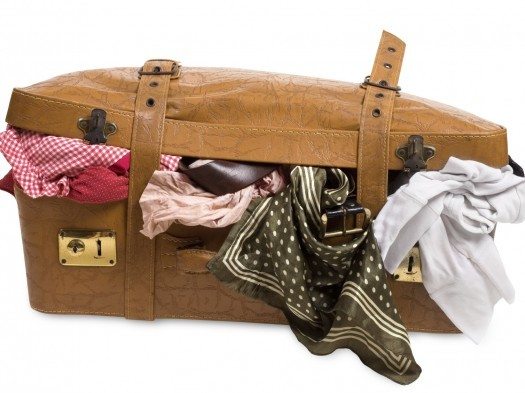

The Passionate Suitcase
I fall out of the door on my way to you, and the passionate
the old one, so many times strapped back together—
comes unstrapped. The leather ties slap at my calves like
tongues. The five silver dollars I got from my uncle for spelling
Mediterranean Sea roll along the ground. I believe the moon
blinks. Once.
I fall out of the door on my way to you one terrible night and the
passionate suitcase unhinges its mouth the way children sob. My
clothes lie in puddles at my feet. Pools of rice, pools of soft
lingerie. Which is more than the traffic of leaving; more than I’d
wanted to kneel, gather up.
I fall out of the door on my way to you with the passionate suitcase
I’ve carried so long flapping its one broken arm in the breeze.
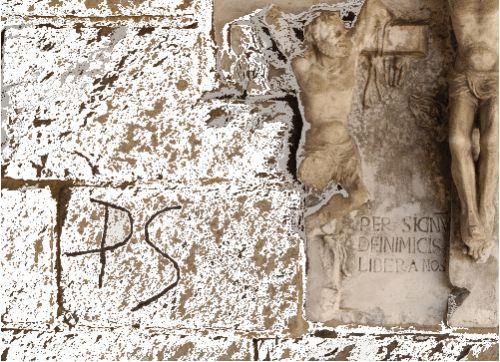
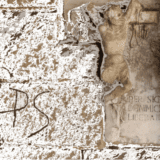
Graffiti
— East Berlin
There is a pen scratching across a wall.
It is a white wall inside a white church
inches away from faces, crowds, the tumult
of history, but right now, there is only a pen,
bumping along a wall, no meaning
except the rise and fall of this nib,
a needle from an outdated gramophone,
playing each ridge and trough,
a landscape of chalk and moon.
Pireeni Sundaralingam is co-editor of Indivisible: An Anthology of Contemporary South Asian American Poetry (University of Arkansas Press, 2010), which won both the PEN Oakland Josephine Miles National Book Award and the 2011 Northern California Book Award. Her own poetry has been published in journals such as Ploughshares, Prairie Schooner and The Progressive, anthologies by W.W. Norton, Prentice Hall and Macmillan,

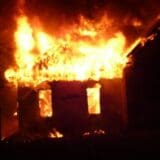
Marina woke me up and told me the garage next door was on fire
I got off the couch and climbed on the brick wall with the hose
I pointed the hose at the neighbor’s smoking garage
Its walls emitted white light and exploded into sheets of flame
Marina did as I said and pounded on the window of the house, but
no one seemed to be home; those neighbors never said hello
I put water on their roof, which was starting to smoke as the garage
was wholly consumed, flames thirty feet in the air and even across
thirty or forty feet of concrete the roof of the house was catching fire
I yelled at Marina to tell someone to call the fire department, which
arrived and the house was saved
Marina only six or seven,
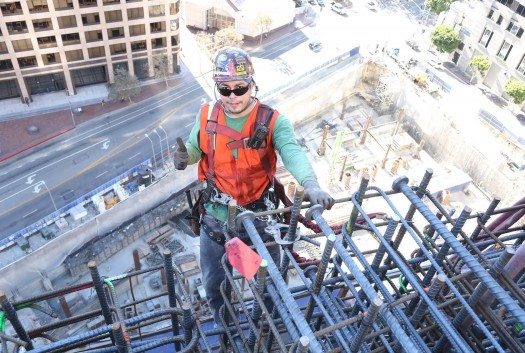
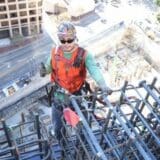
was a time I would eat anything
torn from my body, as a city
recycles its bricks after trauma.
so I would eat the bitter black things,
those brittle wound stones. was a time, torn,
I’d eat anything from my body,
those yellowed bark ridges. a city
recycles gypsum after trauma.
I’d eat anything, pale crescents torn,
those Moor-less swords. after, a city
recycles. green things from my body,
those rotting gems. those sour gray things—
wasted clay. city, after trauma,
recycles its iron, those bones torn
from a city as though—a body:
those swords and bones, gypsum, gems, trauma:
a torn time recycled. a body
as a city, torn into a thing.
Source: The Black Automaton (2009), published by Fence Books.
An award-winning poet, performer and librettist,
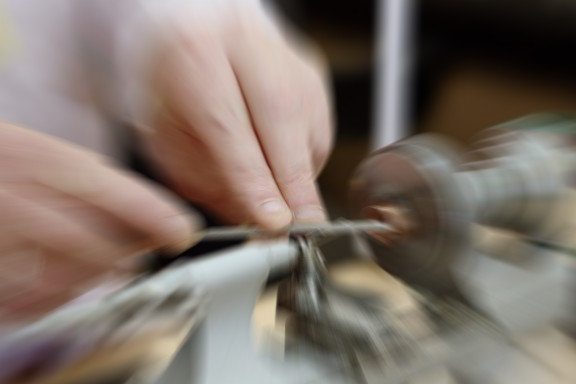
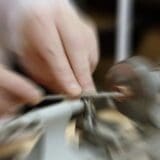
I knew him. He ran the lathe next to mine.
Perfectionist, a madman, even on overtime
Saturday night. Hum of the crowd floating
from the ball park, shouts, slamming doors
from the bar down the street, he would lean
into the lathe and make a little song
with the honing cloth, rubbing the edges,
smiling like a man asleep, dreaming.
A short guy, but fearless. At Margie’s
he would take no lip, put the mechanic big
as a Buick through a stack of crates out back
and walked away with a broken thumb
but never said a word. Marge was a loud,
dirty girl with booze breath and bad manners.
He loved her. One night late I saw them in
the kitchen dancing something like a rhumba
to the radio, dishtowels wrapped around
their heads like swamis.
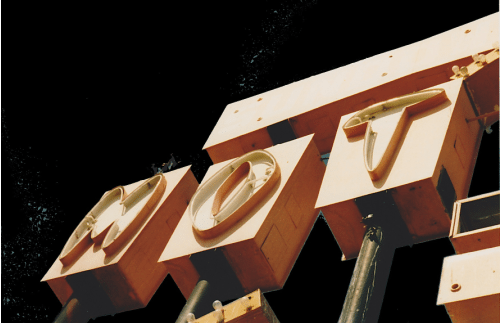
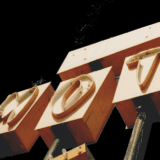
It’s 10 p.m. when the taxi glides
into the rain-slicked parking lot.
A woman in slippers gets out
bundling a baby in her arms.
Next, comes a small boy dragging a shopping bag
filled with a jumble of clothes.
“Your room is Number 9,” I say pointing,
and the woman hurries towards it.
As we follow, I lift the bag from the boy,
his face and neck dark with bruises.
When we reach the door, he stops, asks,
“Will he find us here?”
I want to say, No, honey,
that bastard will never find you here.
Instead, I whisper, “Who?”
His voice, a twist of worry and hope, he says,
“Santa.”
Cece Peri’s poems have appeared in Gift of Words: Poems for the Iraqi People; Luvina: Los Angeles Issue (University of Guadalajara);
the age of the innerview dawns and the need
to be first is muted by a
multitude of passings/desire honed so sharp
the edges bleed, lips and hands
assume a silent patience/at rest as a savage
brilliance is reborn in this ancient ravaged griot
who am i? what am i? are no longer important questions.
knowing that i am is finally enough
like discovering dessert is delicious following a disastrous
meal, a sweetness that reawakens
the palate, or finding that one’s chalice is unexpectedly
filled with elixir of euphoria
and i stumble happily into the cornucopia, arms
outstretched, upturned, drunk
my heart athrum, bones full samba. the night
blesses me with his constellations
baptizes me with his deathless autumnal chill
and i invade the moody indigo
full-throated and singing


Woke with a start, the dogs
barking out by the fence,
yard flooded with
light. Groped my way
to the window.
Out on the road a dozen quick
figures hugging to shadows:
bundles slung at their shoulders
& water jugs at their hips. You
could hear, under the rattle of
wind, as they passed, the crunch of
sneakers on gravel. Pollos. Illegals
who’d managed to slip past the
Border Patrol, its Broncos
& choppers endlessly circling the
canyons & hills between here & Tecate.
Out there, in the dark, they could have
been anyone: refugees from Rwanda,
slaves pushing north.
Palestinians, Gypsies, Armenians, Jews….
The lights of Tijuana, that yellow
haze to the west, could have
been Melos, Cracow, Quang Ngai….
I watched from the window till they were lost in
the shadows.

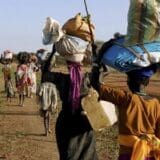
We stood,
as women before us have stood,
looking back at our burning cities,
watching the smoke
rise from our empty homes.
It was quiet then. And cold.
We heard their cries, the caged birds
clawing at their perches, our daughters
naked in the hungry mob.
Such death. The smell of justice
drifting on the burnt wind.
We saw it all,
saw the fire fall like rain,
saw our tears
track stiff, white veins
down our bodies,
saw the brine crawl
through salt-cracked skin.
Now, turning in the restless night,
we dream we stand there still,
alone on the hill’s black belly.
We, the forgotten,
whose names were swallowed by God.
———————————————————————
This poem first appeared in Ploughshares,
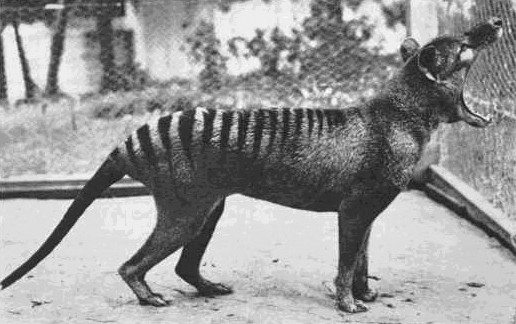
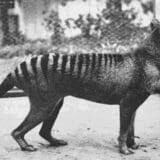
One by one, like guests at a late party
They shake our hands and step into the dark:
Arabian ostrich; Long-eared kit fox; Mysterious starling.
One by one, like sheep counted to close our eyes,
They leap the fence and disappear into the woods:
Atlas bear; Passenger pigeon; North Island laughing owl;
Great auk; Dodo; Eastern wapiti; Badlands bighorn sheep.
One by one, like grade school friends,
They move away and fade out of memory:
Portuguese ibex; Blue buck; Auroch; Oregon bison;
Spanish imperial eagle; Japanese wolf; Hawksbill
Sea turtle; Cape lion; Heath hen; Raiatea thrush.
One by one, like children at a fire drill,
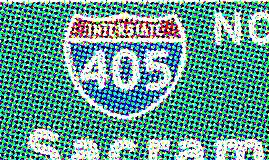
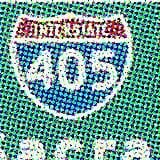
Jam-Up on the Cat-Oh-Five
We live in LA, city of traffic jams on the 405 and other freeways.
One recent morning we had three cats bunched up on the patio outside our cat door.
Elise’s traffic report: “It’s a jam-up on the cat-oh-five!”
Rearview Mirror Tableau on Highway 5 South
She’s passenger. He’s driving.
Her face is angry and she speaks quickly.
She leans away from him. He leans toward her.
Rough Beauty
Hills driving north from L.A. on the 5 freeway display a rough beauty:
Mustard yellow, splotched with tufts of scraggly live oaks;
Hunched against drifty white clouds; skinned shoulders rust veined.
—————————————————————————————————————————-
Jeff Rogers has posted hundreds of poems in the “Three Line Lunch” series at www.fierceandnerdy.com,


for at least an hour. Maybe longer. It was longer.
No one spoke, looked away, or drew attention
with their hands. A few of us opened our mouths,
a few always do. We didn’t know we’d done it.
No one saw. Like losing a button. We were busy
not speaking. We had drinks, a few snacks, watched
TV with the sound off. A few of us thought about
the button, the one that says MUTE, how common
it is now. We tried to imagine it on other things,
things that don’t speak but are loud: lamps, guns,
a fire truck with MUTE painted on it. It would’ve
looked good on us, stenciled white across our chests.
We wore dark colors, earth tones. No one calls them
dirt tones or soil.
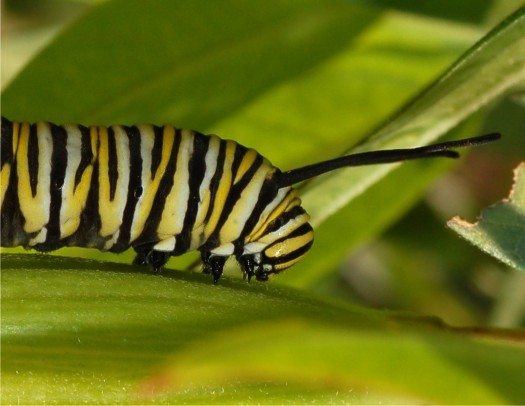
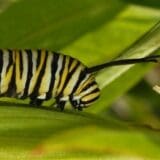
They wake like cosmetic surgery patients.
Memories of crawling vanish
as the sun warms the body
they could not have dreamed of:
Dog Face,
Provence Chalk-Hill Blue,
Great Spangled Fritillary.
When the woman I married woke up
next to the wrong man,
that was my signal
to become inert,
await rebirth.
I want to be great,
spangled,
fritillary.
I want the caterpillar’s gift to the butterfly—
amnesia, and wings.
———————————————
Source: The poem originally appeared in Pearl and was reprinted in Amnesia and Wings, published by Tebot Bach (2013).
Photo: Derek Ramsey
Larry Colker has been co-hosting the weekly Redondo Poets reading at Coffee Cartel in Redondo Beach for more than a decade. His poems have appeared in Spillway,
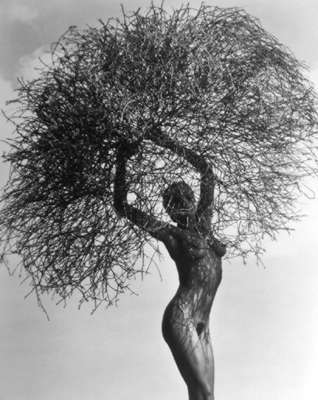
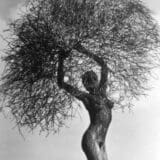
Shadows reach,
dapple the asphalt.
Hawks whoop,
surfing air.
Tumble weeds cling
ready to roll.
Desert breath blows,
tree tops twist.
Sweat salts my skin.
I itch.
All it takes is one
red spark.
I kneel down—watch
as the wind
picks it up. I withdraw,
stare
at what I’ve unleashed
on every channel
No one knows.
Nothing can stop it.
I burn.
I don’t need anyone,
closer now—so high
I can’t stop.
———————————————————–
Marilyn N. Robertson’s work has been published in Speechlessthemagazine, The Boston Literary Magazine, Chopin with Cherries, A Tribute in Verse, and is forthcoming in The Poetry Mystique, to be published by Duende Books. She was a featured reader in “Viva Poetry,”